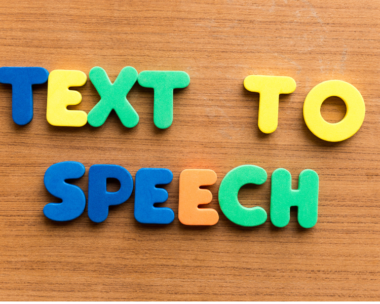How to Design Effective Teams?

Designing effective teams is crucial for fostering productivity, collaboration, and innovation within an organization. A well-designed team structure can lead to better decision-making, increased employee satisfaction, and ultimately, improved business performance. Learn more about How to Design Effective Teams?
1. Define Clear Goals and Objectives:
Start by defining clear and specific goals for each team. Understanding the purpose and expected outcomes of the team will guide the selection of members with the right skills and expertise. Clearly communicate the team’s mission to all members to ensure everyone is aligned with the objectives.
2. Diverse Skillsets and Roles:
Effective teams benefit from diverse skillsets and roles. Include individuals with complementary expertise to ensure a well-rounded approach to problem-solving and decision-making. Different perspectives and backgrounds can lead to more creative solutions and better outcomes.
3. Establish Team Norms and Values:
Set clear team norms and values that guide the team’s behavior and interactions. Encourage open communication, respect for different viewpoints, and a supportive work environment. Team members should feel comfortable expressing their ideas and concerns without fear of judgment.
4. Encourage Collaboration and Communication:
Promote a culture of collaboration and open communication within the team. Regular team meetings, brainstorming sessions, and feedback loops are essential for keeping everyone informed and engaged. Utilize digital collaboration tools to facilitate communication and document sharing.
5. Effective Leadership:
Strong leadership is crucial for guiding the team towards its goals. A team leader should possess excellent communication and interpersonal skills, as well as the ability to motivate and empower team members. Leaders should support the team’s efforts, provide necessary resources, and remove obstacles to success.
6. Provide Training and Development:
Invest in training and development opportunities for team members to enhance their skills and knowledge. Continuous learning not only benefits individual team members but also contributes to the team’s overall growth and effectiveness.
7. Encourage Autonomy and Accountability:
Empower team members to take ownership of their tasks and decisions. Encourage autonomy and provide a sense of responsibility for the team’s outcomes. When team members feel accountable for their contributions, they are more likely to be motivated and engaged.
8. Regular Evaluation and Feedback:
Regularly evaluate the team’s performance and provide constructive feedback. Assess progress towards goals and identify areas for improvement. Feedback should be both individual and collective, with an emphasis on recognizing achievements and identifying opportunities for growth.
9. Flexibility and Adaptability:
Effective teams should be flexible and adaptable to changes in the business environment. Encourage a growth mindset and willingness to embrace new challenges and opportunities.
10. Recognize and Reward Success:
Celebrate the team’s successes and recognize individual contributions. Acknowledging and rewarding achievements boost team morale and motivation, fostering a positive and productive team culture.
Tags:
Accountability, Adaptability, Collaboration, Communication, Company growth, Development, Effective Leadership, Effective Teams, Encourage Autonomy, Encourage Team-mates, Flexibility, Goals, Objectives, Planning, Regular Evaluation, Regular Feedback, Reward Success, Roles, Skillsets, Success, Team Building, Team Leader, Team Norms and Values, Training






